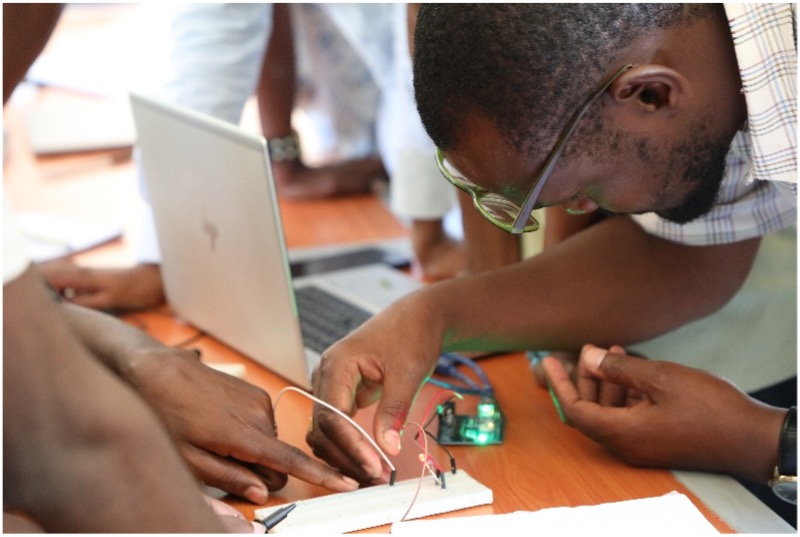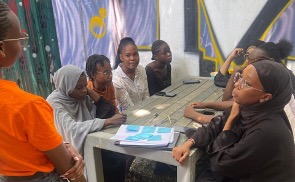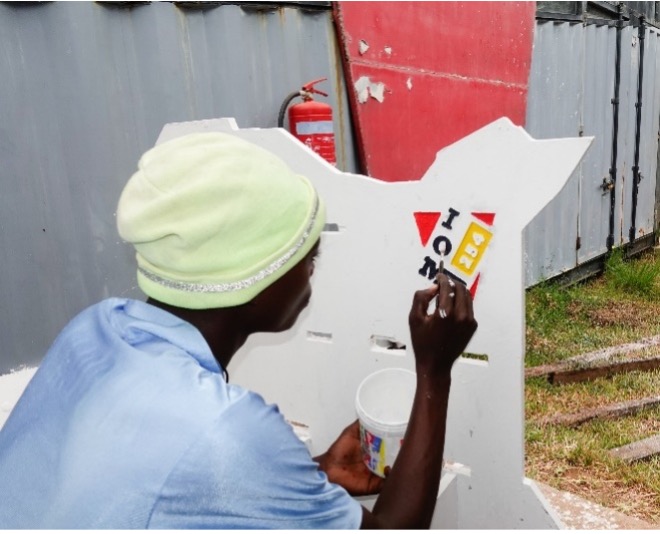Plastics and Face-Masks into Products
Who knew a plastic shredder and a plastic injection molding machine could turn into the ultimate sustainability sidekicks? Recently, makers jumped into action, learning how these magic contraptions transform discarded plastic into reusable materials. They got hands-on, learned the ropes, and, of course, nailed the safety rules like professionals. To add some warm spices into the mix, on Valentines Day we had our youth members creating personalized upcycled gifts out of Manila paper, cardboard boxes and plastic bottles. This exercise was more than a rapid making of presents; it was about demonstrating that true love lies in the thought and effort put into a gift. We got kids into the mix, from Hindi Drama Club, to make sturdy boards out of expired face-masks from the Coronavirus pandemic era. In demonstrating that creativity isn’t confined to the stage but rather it can be a powerful tool for real-world change, they transformed what was a symbol of the past pandemic into a beacon of sustainable innovation. The youth reminded each other that the most meaningful expressions of affection are often born from the heart, fueled by a spark of creativity and a willingness to see potential in the readily available materials around us.




















